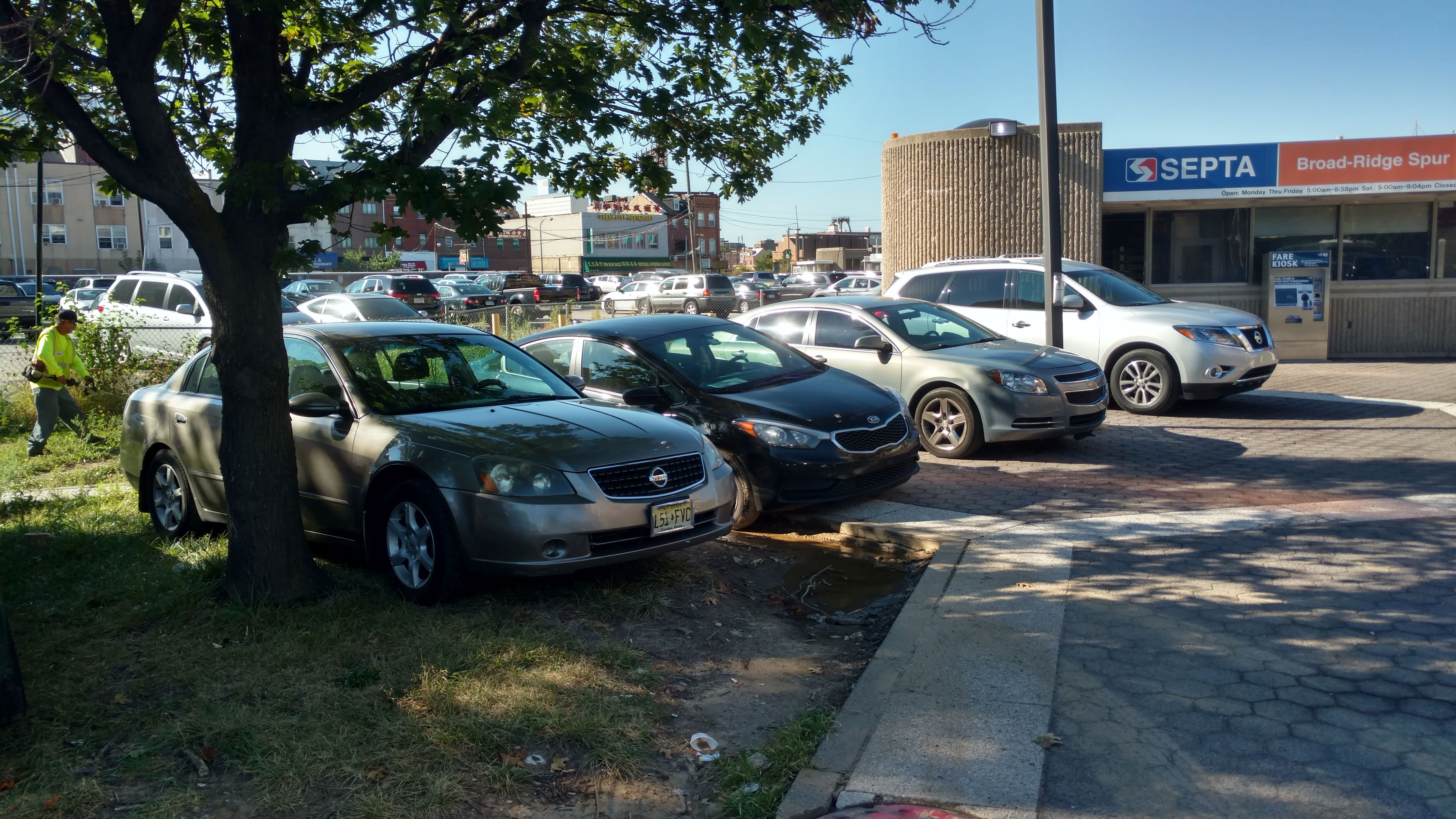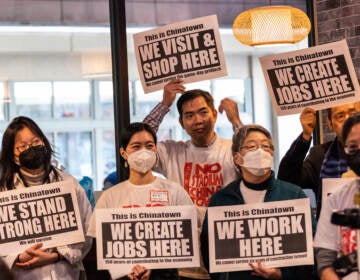City to weigh ‘social impact’ of development proposals on public land

The Redevelopment Authority will release a Request for Proposal (RFP) for the surface parking lot at 8th and Race streets on Friday morning. The parcel is 140,000 square feet, a vast amount of untapped space in booming Center City, straddling the no man’s land between Chinatown, the Vine Street Expressway, and bland institutional buildings to the east.
This RFP is notable because it will include language to encourage developers to explain the “social impact” of their project, which will affect the score of their proposal. The idea is to use one of the city’s strongest assets—vacant land owned by one of the municipal agencies—to leverage positive outcomes not just for the parcel’s eventual residents and users, but for the larger community.
This is the first time social impact language will be included in an RFP issued by one of Philadelphia’s municipal development agencies. (The city’s plans gained press attention last month, but the RFP was then delayed.) Moving forward, the city plans to append such language to most such appeals.
The site on Vine Street was chosen because many of the other lots owned by the city agencies in question—the Land Bank, the Housing and Development Corporation, and the Redevelopment Authority—are in down-market neighborhoods. Developers in those areas, as opposed to vibrant Chinatown, may be more interested in such parcels as a location for affordable housing or other uses that already provide social impact under the city’s definition.
Seven examples of possible social impacts are listed as part of the RFP document. These include non-construction jobs for “local, diverse, lower-income individual,” access to pre-K programs, investment in proximate local education or community facilities (like parks or libraries) and affordable housing as defined in the Zoning Code for the Mixed-Income Housing Bonus. Social impact considerations will determine 15 percent of the RFP’s total score.
“We have a wealth of needs in this city and I think we have often thought of government as taking that all on on its own,” says Anne Fadullon, director of the Planning and Development for the city. “But we realize that governments resources have been severely cut over the last several years. We really don’t have the ability to take on all these issues on our own. We really need to engage the private market.”
Fadullon says Philadelphia wasn’t inspired by any other individual city that’s made a similar policy shift. Instead the city drew influence from a constellation of market-oriented policies adopted at all levels of government in recent years, from New Market Tax Credits to social impact bonds. (Redevelopment Authority head Gregory Heller championed the latter policy on PlanPhilly in 2014).
As Philadelphia grows, but continues to struggle with staggering social problems, Fadullon argues that policies like the language in this RFP will allow the city more opportunities to work with market actors in innovative and progressive ways.
But there have been a number of liberal constituent groups, notably public employee unions, who have expressed concern, if not opposition, to the broader concept of marshalling private capital for the public good instead of relying on publicly controlled initiatives. The fear generally seems to be that such policies will justify the roll back of taxation and public services, while providing too much latitude for private actors to determine what the public good will be.
Asked about the potential for the latter criticism, Fadullon said she understood such concerns.
“We are using this opportunity to roll this policy out and we will see what we get back and we will adjust accordingly,” said Fadullon. “There may be a point in the future where we feel that we need to be more prescriptive in certain communities. But right now we are excited about rolling this out and cautiously optimistic about what kind of response we are going to get. We really feel this is moving the city in a direction it needs to go to promote equity and opportunity.”
WHYY is your source for fact-based, in-depth journalism and information. As a nonprofit organization, we rely on financial support from readers like you. Please give today.







